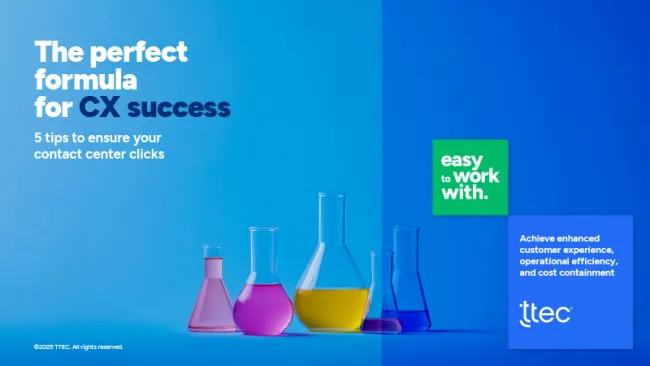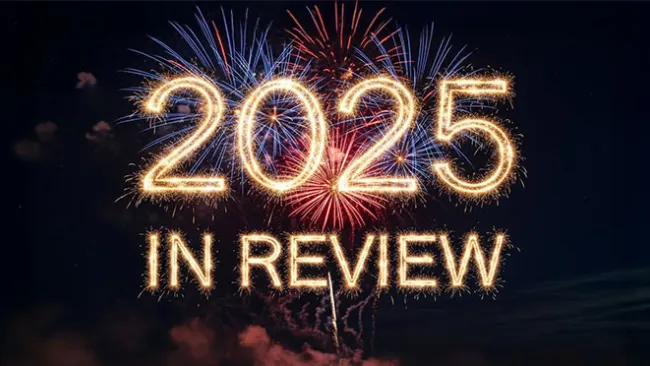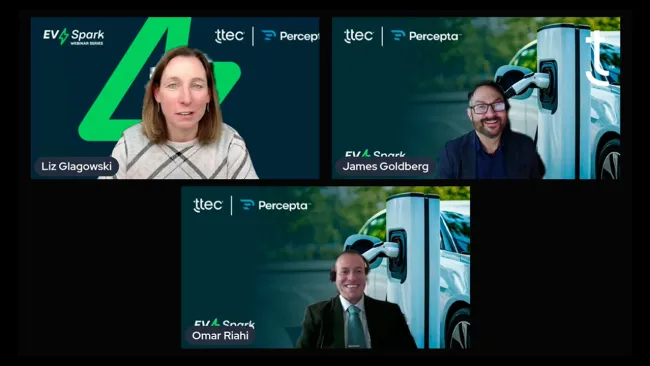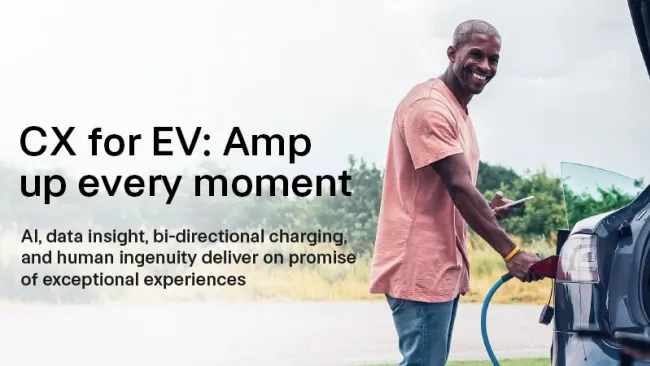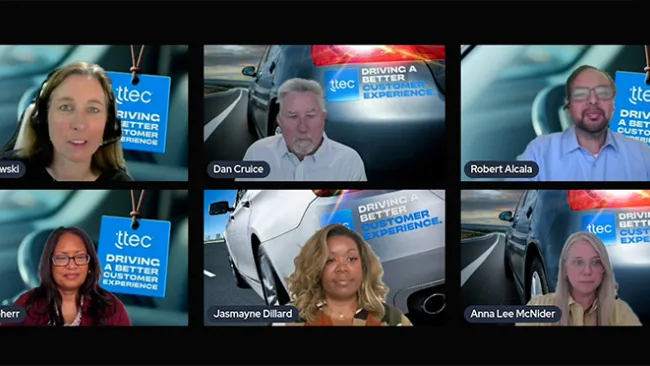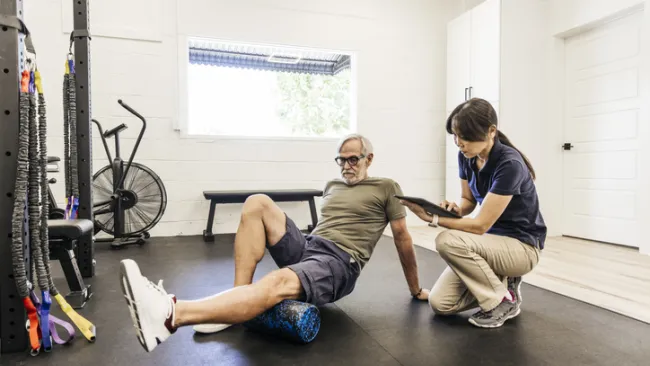Customer experience is fluid. Social factors, environments, and technology shape people’s expectations and the interactions they expect from the brands they shop with. As a part of the CX Pod’s newest series, TTEC’s own Mary Nelson guest-hosts conversations with the world’s top CX professionals to explore the evolving nature of business.
To kick off the series Nelson spoke with renowned CX guru Don Peppers on the idea of defining value in a post-covid world.
Key takeaways:
- Covid may take a backseat, but the need for remote work and digital channels will not.
- Automated and human services should complement, not replace, each other.
- Organizations need to differentiate their customers by their values.
Transcript:
Liz Glagowski: Hi, I'm Liz Glagowski of the Customer Strategist Journal. Today, we're very excited to launch a new series here on the CX Pod that explores the idea of value in a CX context. The industry is changing so rapidly that it really does warrant a deeper dive on the topic and the notion of value in business today. So, here to help explore the evolving nature of value in the CX world is my colleague, TTEC's own Mary Nelson. Hi Mary. How's it going?
Mary Nelson: Hi Liz. It's great to be here.
Liz Glagowski: Thanks so much for joining us in the CX Pod universe. It's great to have you as an expert and guest host for the series, so welcome.
Mary Nelson: Thank you so much.
Liz Glagowski: Now, value is at the heart of every customer interaction and that could be value to the customer or value to the brand. So, can you tell us a little bit of what's behind the series and who we'll be interviewing?
Mary Nelson: Yeah. So, we started a value engineering team earlier this year to bring more value to the solutions we developed to address our clients' challenges. So in our value engineering team, we're hyper-focused on value and delivering value, but before you can deliver value, you have to be able to define it. So, we really start there, Liz.
We plan to talk with a whole slew of thought leaders and practitioners who could come at value from a few different perspectives. So today we're starting with Don Peppers, who is a CX guru. We had a great conversation about the idea of defining value.
Liz Glagowski: That's great, I'm looking very much forward to it. Don and I go way back and he's always a great interview, so let's get right to it.
Mary Nelson: Today we're going to talk about redefining value. Defining value has always been a challenge, there are so many definitions out there. Think about it. You walk into just about any store these days and you'll see some signage about value. Best value, great value, amazing value. It's such an overused, broad term, and now in a post-COVID world, we believe it's time to redefine value.
So, today we're joined by someone who knows a thing or two about value in the CX world. Don Peppers is a global customer experience authority and keynote speaker. He's been recognized as one of the top 50 business brains, one of the top 100 business intellectuals, and one of the 50 most influential thinkers in marketing and business today. Welcome Don.
Don Peppers: Hi Mary. Thank you very much, glad to be here.
Mary Nelson: As I mentioned, we're talking about redefining value. You've been at the CX game for a long time, you've definitely seen value evolve. What are your thoughts on this idea of redefining value in today's world?
Don Peppers: Well, I think it really does depend on what your definition of value is. When I talk to companies about managing their customer experience, I say customers are different in two fundamental ways to a business. They have different value to a business and they need different things from a business, but we can just as soon reverse that also, I could say a company and a customer have two different relationships. A company has certain needs from a customer, and it has certain values for a customer. That's just the reverse of what I talked about earlier.
I think what we're talking about here is what value does a company have to a customer? What can the company do for the customer in return for what the company gets from the customer? Which is the money end fundamentally. Does that make sense?
Mary Nelson: It makes total sense. So you speak regularly about customer experiences, and over the last year we've seen a lot of consumer behaviors and lots of changes in the CX world. What do you think's going to stick and what do you think's not going to?
Don Peppers: Well, I don't think they're going to get the COVID genie back in the bottle. I think they can eradicate the disease, but people's hunger for being able to work remotely, to get things on demand through direct to consumer delivery and so forth, those things are not going to go away. So, I think we'll see a radical change in the way businesses configure themselves over the next few years.
Mary Nelson: Yeah.
Don Peppers: McKinsey did a study of eCommerce, and the rate of eCommerce growth quadrupled and actually went up by a factor of 10 in the first few months of the COVID crisis. So, McKinsey said we had 10 years of progress in terms of eCommerce penetration in the first three or four months of the COVID crisis.
Mary Nelson: Yeah, that makes total sense. In fact, that sets me up for the next question. Over the pandemic, we've seen a huge shift in consumers adopting digital channels, and we've seen, as you said, tremendous progress when it comes to digital transformation. What do you think we're going to be hearing more about this year when it comes to digital tools and channels?
Don Peppers: Well, I think you're going to hear a lot more about the confluence of delivery and service. The more a company seeks to deliver things directly to a customer, the more likely it's not going to be around to fix things that go wrong. I think you're going to see a lot of technologies brought to market in the next few years for tracking a product's behavior and its performance, even after it's the hands of the customer. Fundamentally products as services. Does that make sense?
Mary Nelson: Mm-hmm (affirmative).
Don Peppers: I mean, it's only a matter of time before ... right now when you order something from Amazon or anybody, you'll get a text message that your product's on the way, or it's just been set down in your post office or something like that. It's only a matter of time before the product itself is going to communicate with you and say, "Hey, I'm outside your door right now, let me in."
Mary Nelson: How far do you think we're away from that?
Don Peppers: Not far. I mean, we're already approaching, we're getting there gradually now. I mean, really if you think about it, just the alerts that you get that a product has been delivered to your neighborhood, those are phenomenally revolutionary compared to just 10 or 15 years ago.
Liz Glagowski: We'll be right back.
Ad: These days companies need to be ready for anything when it comes to the customer experience. Speed and agility are critical. That's where CX as a service comes in as a new way to transform customer and employee experiences. Check out TTEC's new strategy guide, CX as a Service: the future of customer experience, to learn more about this innovative new approach to the end-to-end experience. Get it today.
Mary Nelson: Another thing we've really seen on the rise is messaging or asynchronous messaging or conversational messaging.
Don Peppers: Right.
Mary Nelson: Don, what do you think about that? That's obviously taken off a lot during the pandemic, people trying to reach whoever they're trying to reach. In a contact center, they might get a busy line, but with messaging, they can easily get a response very quickly.
Don Peppers: Yes, and I think one of the big problems that businesses have is those messaging communications, some of them can be automated. There are some chatbots that are good enough to respond to routine inquiries and so forth, but increasingly businesses that fail to take account of the fact that human beings also, they need connections with other humans. If they don't think about that as a aspect of their customer experience, if they simply think is human connectivity and human interaction as a unnecessary cost, they're not going to realize the benefit of actually making real connections with their customers.
Mary, I can envision a New Yorker cartoon 20 years from now, a kid is talking to his grandpa and he says, "Gee, grandpa, you mean back in your day, companies didn't even want to talk to their customers?"
Mary Nelson: I love that, that's so, so, so true. We are headed for some good times, that's for sure, and some interesting times. Let's go back to redefining value for a moment.
Don Peppers: Sure.
Mary Nelson: It's really critical that companies think about that right now. What customers valued before the pandemic, they may not necessarily value now or things have shifted. What's your advice for people who are looking at redefining value for their company?
Don Peppers: My advice is to realize that every customer values different things, customers are way more different than your products are. I think one of the most important tasks for most businesses today is to differentiate their customers by their customer's values. By value here in this, I'm talking about what the customer wants from the company, what the customer values from the company, okay?
So if you're an airline, okay, some customers value schedule and reliability only, other customers value comfort and ease. Some customers value punctuality and utility, other customers value deal-making and so forth. Anytime you do any kind of market research, there are two dimensions in which those customers are different from each other. One is they value different things themselves, okay, and one is the company places different values on those customers, okay, based on how much money or likely business they might be able to get from the customer.
Those are the two criteria, but every customer is unique and no two customers are the same. Most companies take a shortcut and tend to treat all customers the same, or maybe all of the customers in a particular segment the same. But they have to realize that that really is just a shortcut, it's not reality, and sometimes if technology permits it, you need to stop trying to take that shortcut.
Mary Nelson: Those are good thoughts Don and thank you so much actually for sharing those insights and everything you shared with us today. We really enjoyed talking with you and by the way this the first in a series of podcasts on this subject we will be interviewing more thought leaders and CX practitioners so we can get their take on value in a post-covid world.
Liz Glagowski: Thanks for listening. Look for more CX insights by subscribing to the CX Pod where you get your podcasts.

